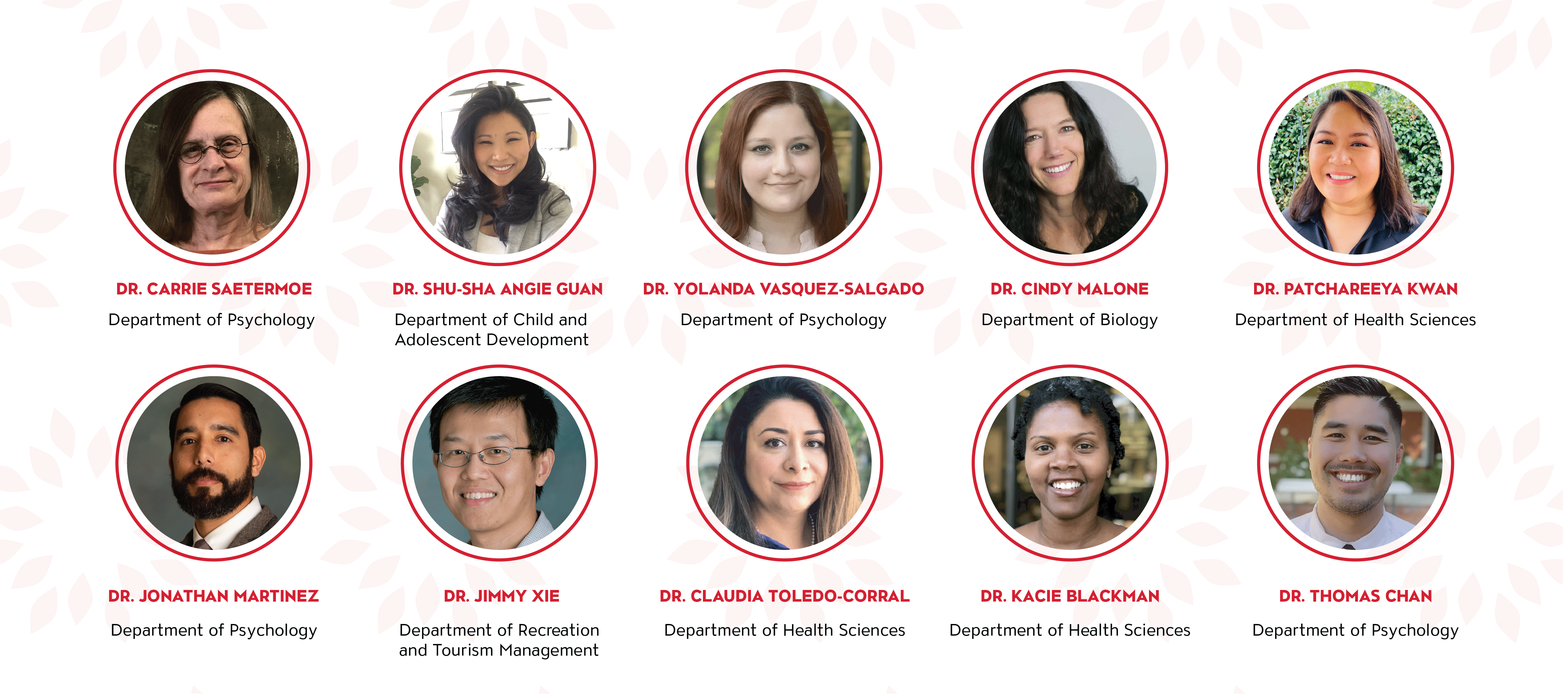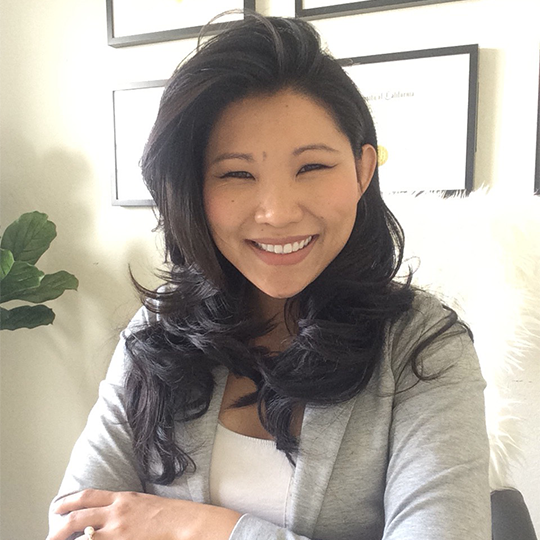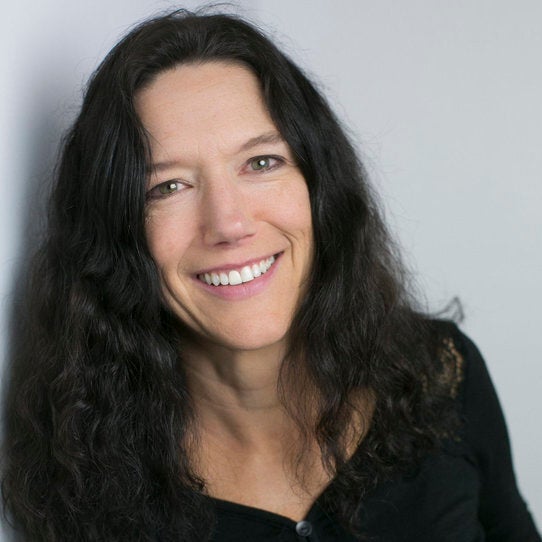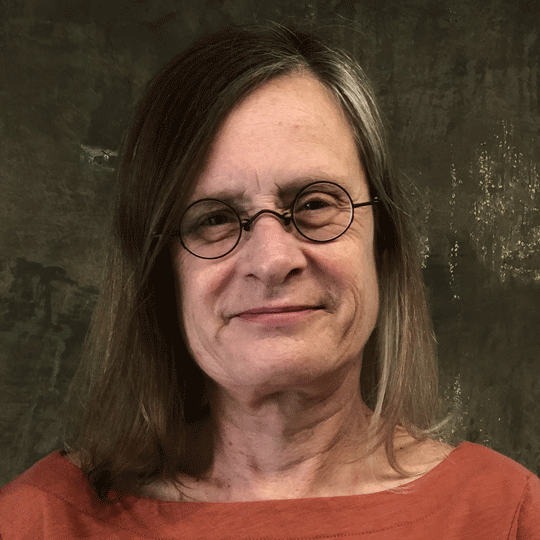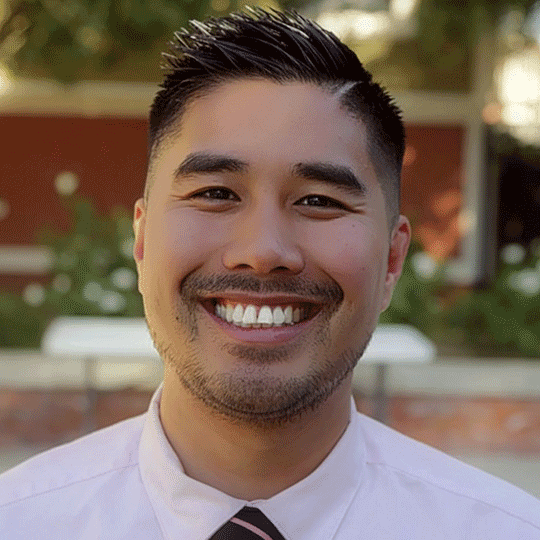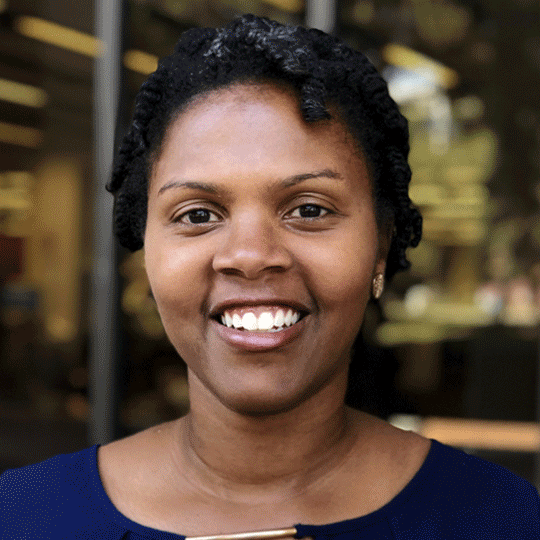
Dr.Yolanda Vasquez-Salgado
Department of PsychologyVasquez-Salgado received an NIH SuRE-First Award of $725,000 to conduct a multi-site longitudinal project of Latinx college students’ experiences with cultural mismatch (CM) during the transition to college.
The 4-year project (2022-2026) will describe the trajectories of Latinx students’ experiences with CM and their pattern of associations with health (mental, physical) and academic outcomes. The project will also examine the role of education context and resilience in these associations.
The findings will be shared with participating institutions as well as all Hispanic Serving Institutions in the nation via her partnership with the Hispanic Association of Colleges and Universities (HACU).
Her findings could affect how colleges and universities across the country meet the needs of an increasingly diverse and often first-generation college student population.
“I am grateful for the support from my mentors, Drs. Sandra Graham and Teresa Seeman, on this project, as well as the immense support from the various mentors that have guided her over the years,” Vasquez-Salgado said.
NIH RADx U01 SEA US, HEAR US
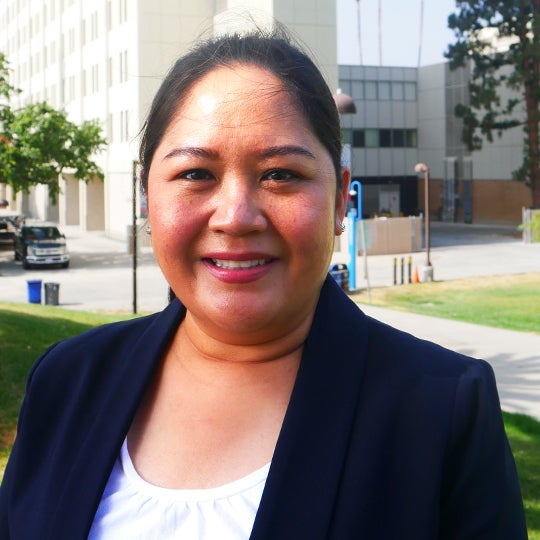
Dr. Patchareeya Kwan
Department of Health SciencesDr. Patchareeya Kwan’s research project, SEA US, HEAR US, was funded by the National Institute on Minority Health and Health Disparities (NIMHD) from 2022-23 as part of the National Institutes of Health’s (NIH) Rapid Acceleration of Diagnostics (RADx®) initiative designed to speed innovation in the development, commercialization, and implementation of technologies for COVID-19 testing.
Kwan is a member of the Department of Health Sciences and is one of the directors of the HERE Center.
Housed at CSUN, the goal of SEA US, HEAR US, “Southeast Asians in the U.S.: Health Equity And Research to Understand COVID-19 Stories”, is to understand and address multi-level social, ethical, and behavioral implications of COVID-19 testing, vaccination, and its sequelae among Cambodians, Filipinos, Thais, and Vietnamese Americans in the Greater Los Angeles area through a community-based, mixed-methods approach.
Kwan and her team said they are very proud to be given this opportunity to work with various community-based organizations and join a consortium of distinguished researchers representing prestigious academic institutions, health care settings, and community-based groups.
NIH R16 SuRE-First
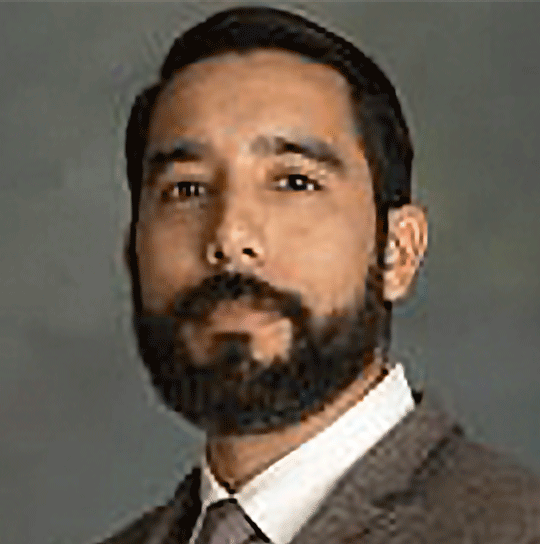
Dr. Jonathan Martinez
Department of PsychologyDr. Jonathan Martinez, in collaboration with Santa Barbara County Department of Behavioral Wellness, received a 4-year $725,000 NIH R16 SuRE-First Award.
Martinez is a member of the Department of Psychology and a HERE Center Faculty Partner.
The grant, mentored by Saetermoe, has a goal of achieving health equity for underserved families by co-developing an evidence-based, culturally responsive Psychoeducation Toolkit with community stakeholders and Our House Productions.
The toolkit will assist providers in increasing mental health literacy, reducing stigma, and enhancing help-seeking for underserved families navigating the mental healthcare system.
NIH R16 SuRE-First
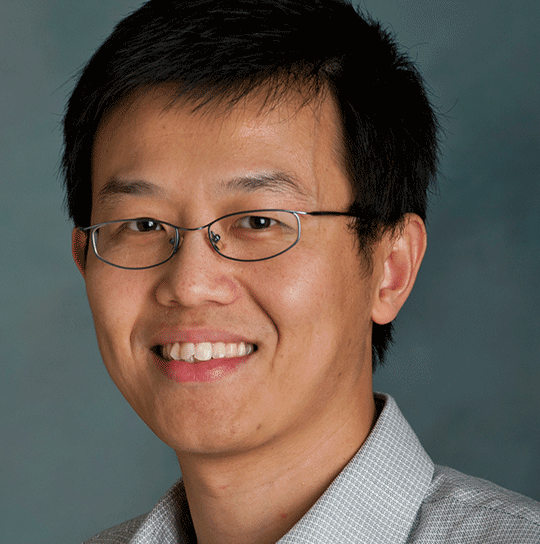
Dr. Jimmy Xie
Department of Recreation and Tourism Management
Dr. Jimmy Xiewas also awarded the NIH SuRE-First grant in July 2022. This was to fund his four-year study, “Senior Centers and Older Adults’ Health Outcomes.”
Xie is from the Department of Recreation and Tourism Management and a HERE Center Faculty Partner.
The study aims to examine how physical/social environment and activity participation at senior centers affect older adults’ health and well-being. Collaborators include Dr. Deborah Cohen and Dr. Bing Han from Southern California Kaiser Permanente.
NIH R16 SuRE-First
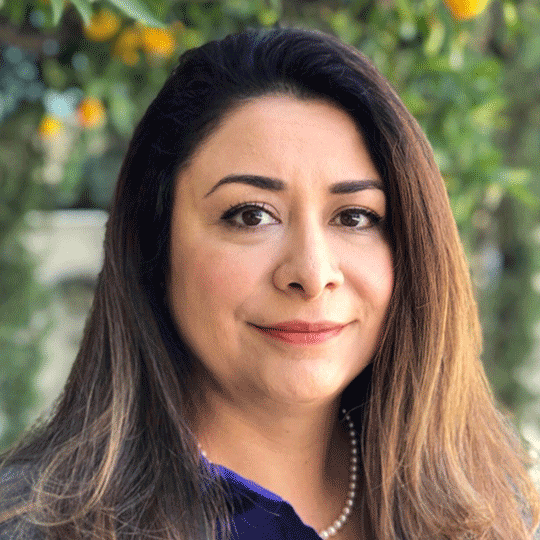
Dr. Claudia Toledo-Corral
Department of Health SciencesDr. Claudia Toledo-Corral from the Department of Health Sciences was awarded the NIH SuRE-First grant of $738,000 in August 2022. This grant will be used to fund her project, “Allostatic Load in Latino Youth (ALLY) study: The Role of Discrimination and Environmental Racism.”
Toledo-Corral is a cluster faculty member of the HERE Center.
The study aims to characterize allostatic load in a population of young adult who identify as Latino/a/x and to examine how perceived discrimination and living in environmentally hazardous regions may influence allostatic load.
In this effort, the team is working in collaboration with Dr. Marc Weigensberg, Professor of Pediatrics at the USC Keck School of Medicine.
